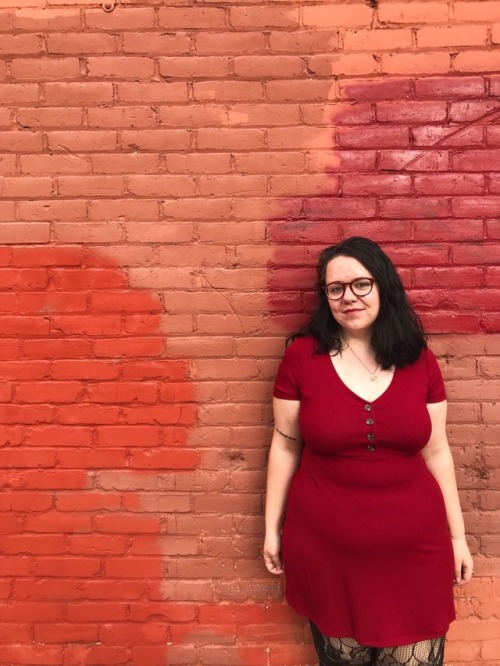ISSN: 1941-4137
POETRY THAT ENACTS THE ARTISTIC AND CREATIVE PURITY OF GLASS
POETRY THAT ENACTS THE ARTISTIC AND CREATIVE PURITY OF GLASS

Lyd Havens is a nationally touring poet and performer currently living in Boise, Idaho. Their work has previously been published in Winter Tangerine, Cosmonauts Avenue, and Tinderbox Poetry Journal, among others. They are the author of the chapbook I Gave Birth to All the Ghosts Here (Nostrovia! Press, 2018), and are currently working towards a BFA in Creative Writing at Boise State University. They were born on their due date, and have been intensely punctual to everything since.
Notname
“In art history, a Notname (or ‘necessity-name’) is an
invented name given to an artist whose identity
has been lost.”
— from Wikipedia
I like to think that there’s a universe
in which Anonymous is one person.
One time-traveling artist using
their two hands to create,
but never to name themselves.
Paint pharaohs and princesses,
drain their signature of its ink
and leave only a memory. This
was back when it was not uncommon
to forget what your loved ones’
faces looked like after they died.
Until they were just a name.
Is necessity not the act of naming?
There is a painting of Elizabeth I
as a teenager, her gown as red as her hair,
a small Bible in her questionable hands.
The name of the artist is not known,
and this is what I know: I am from
a family of writers. Most of us
can barely draw a childlike sun,
or our own faces. I have an uncle
who has been dead nearly 10 years,
but I still remember what he looked like.
I have a recording of his voice
that I can play anytime I want.
There are days when I am still so sick
with grief that I almost want to forget
his name. I have never written
that fact down until now, but look:
I have the ability to. The words
to describe those untenanted spaces
still escape me so often, and that’s
when I wish I could be a painter.
I have a theory that Anonymous
is just one time-traveling artist,
and they leave when whatever world
they’re in starts to crumble. They have
no time for wars, or plagues, or the mournings
of entire countries. They gain the love
of a sovereign, then off they go
to be as nameless and blank
as their original canvases again.
Sometimes, it sounds like an ideal
fantasy to me. To be loved,
but not missed, or vice versa.
To defy every god, including loss.
To make everything you create
your name, and nothing else.
I lost my uncle to suicide when I was ten years old. In the aftermath of his death, I found myself reading recollections of grief in history — Mumtaz Mahal and Shah Jahan, Abraham and Mary Todd Lincoln, various wars that created more loss than I could ever comprehend.
My uncle has now been gone 10 years, and I’ve often found myself writing about history while also writing about losing him. Around what would have been his 56th birthday in February 2018, I read a mini-interview with Rickey Laurentiis where he named “Anonymous” as one of his influences. Reading that interview started a very deep Internet dive, looking at famous pieces of art and poetry that are written by nameless or forgotten individuals, and that’s how the idea of “one time-traveling artist” came to be in my mind.
Grief is ever-present in history, and ever-present in my own life. While it’s become easier, it will never be easy. I wrote this poem at a time when my grief was especially difficult to handle on my own, and throwing myself into research and writing was the best way I could think to cope.
Glass: A Journal of Poetry is published monthly by Glass Poetry Press.
All contents © the author.
All contents © the author.





